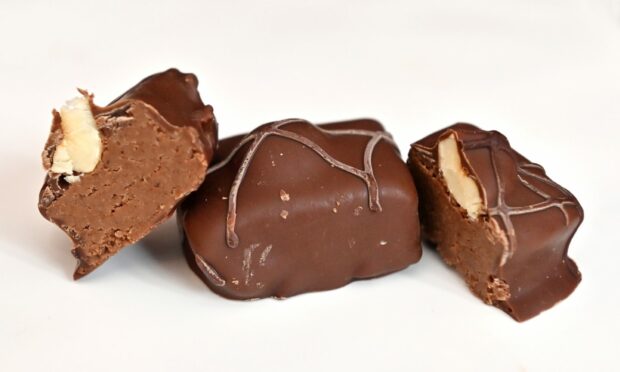The climate crisis is likely to bring further disruption to Scotland’s food supplies as extreme weather becomes more common across the globe.
Dundee University expert Dr Alexandra Morel is highlighting the risk of shortages and price spikes in many family staples ahead of the COP26 global climate talks in Glasgow later this month.
Around 45% of the food consumed in the UK is imported.
Popular products such as pasta, coffee, chocolate and rice are among those vulnerable to supply problems as the world warms.
This is a problem we really have not addressed in a systematic manner.”
Dr Morel says Scotland’s dependence on food imports makes the country vulnerable to extreme weather events.
The ecosystem scientist said: “There are huge challenges to food production because almost every aspect of the sector is vulnerable to a changing climate.
“Extreme weather such as heavy rainfall can delay or prevent harvesting of crops.
“While extreme heat could result in temperatures too high for farm staff to work safely in the field.”
Which type of food supplies could climate crisis disrupt and why?
She says recent problems with the durum wheat harvest had affected pasta production.
Supplies of coffee arabica, produced in East Africa, and chocolate from cocoa farmed in West Africa are also vulnerable, she added.
“Small holders grow a lot of cocoa. It is not grown on large plantations. Farmers don’t have lots of money to invest to adaptations to deal with climate change.”
Current food shortages prompted by a shortage of HGV drivers could be a signal of what is to come.
She added: “That is my concern. We have seen how supermarket systems do not allows for these kinds of shocks.
“We are vulnerable. But it also presents us with an opportunity. There are plenty of things that we can be doing.
“For example, working with local farmers or on food production technologies.”
She says we must learn from the current disruption.
“We can come together around food – because we all like to eat it – in a constructive and empowering way.”
Dr Morel will be discussing the future of food with a panel of guest speakers at a free, online event on October 14,
The “Festival of the Future COP26 Series: Food,” takes place from 2 – 3.30pm.
Attendees must book places for the virtual event in advance.

